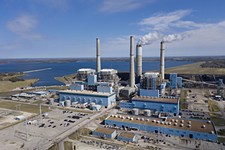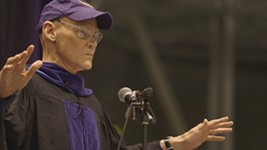AE Finalists: California Dreamin'
Greens question the need for Golden Staters
By Nora Ankrum, Fri., June 25, 2010
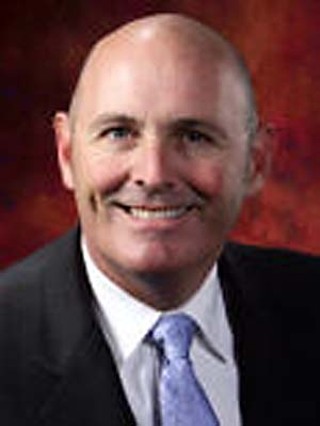
Last week, when the city announced three finalists in the running for general manager of Austin Energy, the list was less notable for who was on it (no one had heard of Ronald Davis, Larry Weis, or David Wright) than for who wasn't: Karl Rábago, AE's vice president of distributed energy services. A collective groan was heard among local environmentalists who had hopes that Rábago – whose local, state, and national experience make him a green "rock star," as Robin Rather has put it – would succeed the retired Roger Duncan. However, neither Rábago's name nor any others from Austin – nor even Texas – appeared on the announced list of candidates. Instead, all three finalists hail coincidentally (or not) from the Golden State.
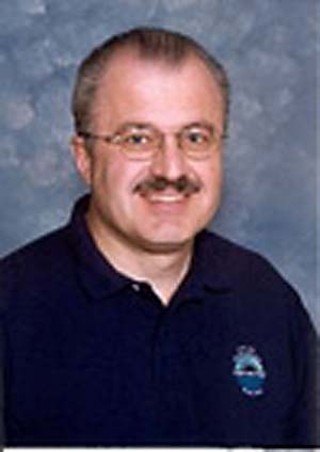
Mycoff, Fry & Prouse, the recruitment firm that conducted the candidate search, did not specifically target California, says consultant Scott Fry. But he says it's perhaps no surprise that the state – which requires by law a 20% renewable portfolio standard and is expected to increase that goal to 33% – has produced an abundance of suitable candidates. "They've been there, done that," says Fry. "You lay out the myriad of issues that we're dealing with here with Austin Energy, and the three candidates have dealt with those issues."
Council Member Chris Riley, who says he's "holding out hope that we will end up with a manager who shares Karl's commitment to renewable energy," characterizes AE's current challenges as "almost a perfect storm." With the utility facing rate changes, a transition away from fossil fuels, and a fundamental transformation of its business model, Riley says the ideal manager would be "somebody who can really look at things from the numbers side and think in creative ways about how to restructure the utility so it meets all these challenges going forward."
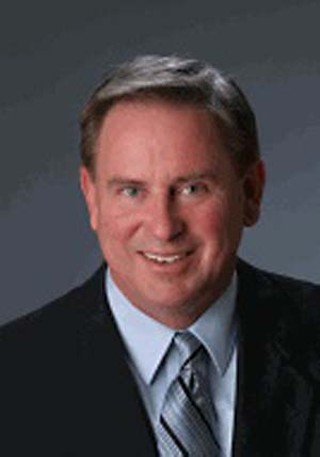
The candidates, all three from publicly owned utilities, have overseen transitions to greater use of renewable energy, so they appear equipped to tackle that tricky triumvirate of elements – affordability, reliability, and sustainability – that AE is struggling to balance. Davis is general manager of Burbank Water and Power, just north of Los Angeles; Weis is general manager and CEO of the Turlock Irrigation District, south of Modesto; and Wright is general manager of the City of Riverside Public Utilities, east of L.A. A quick look at the percentage of renewables in the utilities' current energy portfolios shows Burbank approaching 9%; Turlock at 28%, the highest of any utility in the state; and Riverside just less than 20%. By contrast, AE is at about 10%, with a goal of 35% by 2020. (Because utilities use different methods of determining "current usage," these figures do not represent a perfect apples-to-apples comparison.)
Of course, the numbers can't show how successfully each candidate – notably from utilities smaller than AE – has maintained affordability while implementing efficiency and renewable initiatives. Plus, as local energy consultant Mike Sloan points out, "Texas is dramatically different than California," where there is much more government control over energy decisions. In a rapidly changing industry, Sloan warns that AE "can't afford a long learning curve," which lends support to Rábago backers. "He is possibly the one person who is 'shovel ready' to take the helm and provide both innovation and continuity," said Rather via e-mail. While disappointed that he didn't make the cut, Rábago, for his part, says he's happy where he is. "I have the best job of my career," he says, "maybe even better than general manager."
The public can grill the candidates on Wednesday, June 30, when they're in town for a day of interviews with city officials, followed by a public forum in the evening. With City Manager Marc Ott scheduled to meet the candidates the following day (having already reviewed the results of the previous days' meetings, according to Human Resources Director Mark Washington), the proceedings look to be a whirlwind affair – a fact not overlooked by activists such as longtime energy wonk and transparency advocate Paul Robbins.
"I have seen too much for too many decades to believe informal input is given great weight by decision makers," wrote Robbins to AE interim General Manager Robert Goode in a recent e-mail exchange. Goode defended the process, pointing out that in a similar recent forum, the city "got direct input from many citizens that evening and reviewed all the written input the next day." Robbins countered: "Input from non-attributable sources who scribbled notes. (Did you hire a cryptographer to decipher them?)" Perhaps the Californians, too, would do well to bring along their own cryptographers.
The public forum will be held Wednesday, June 30, 6pm, at Austin Energy, 721 Barton Springs Rd.
Got something to say on the subject? Send a letter to the editor.





